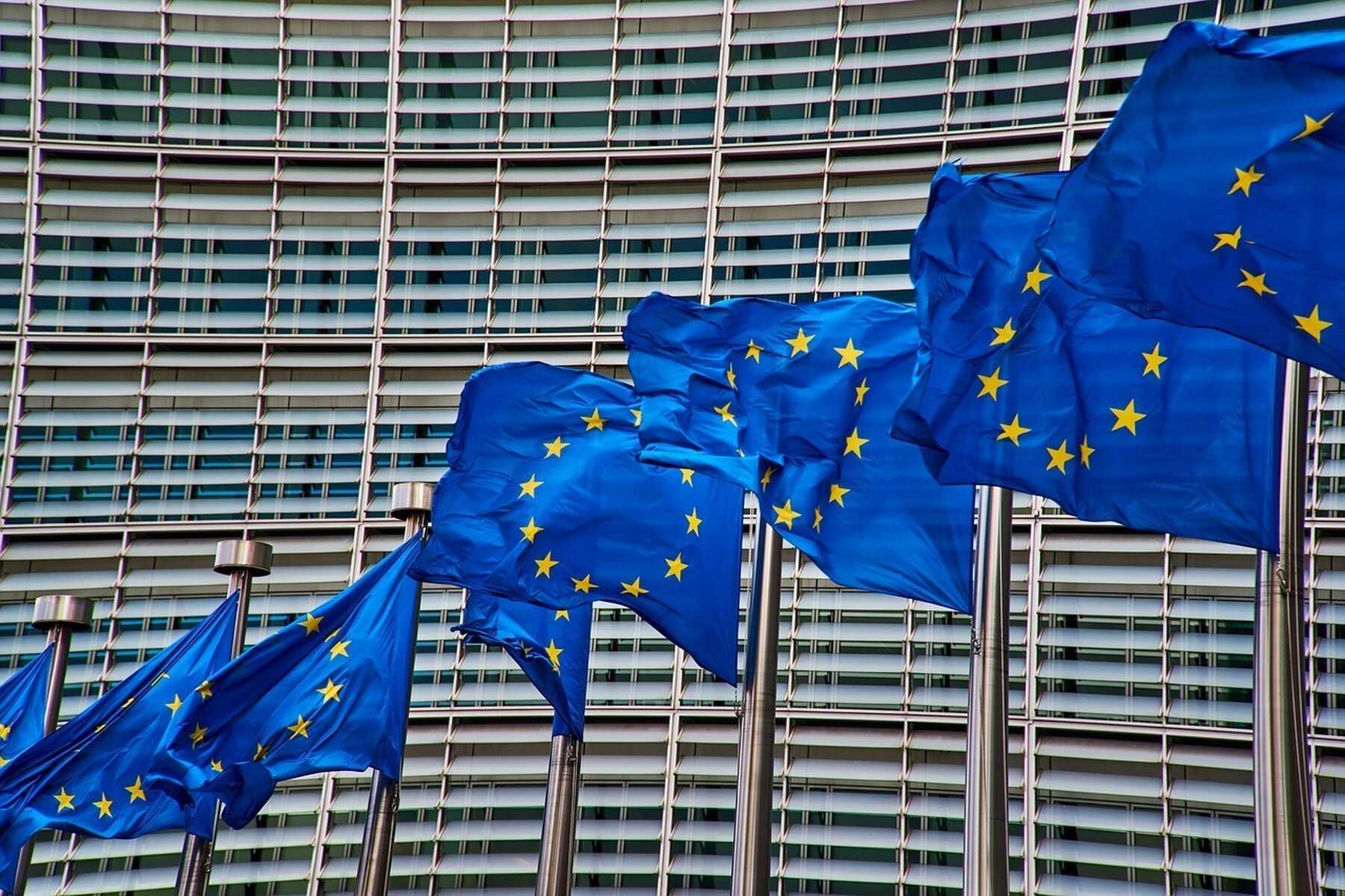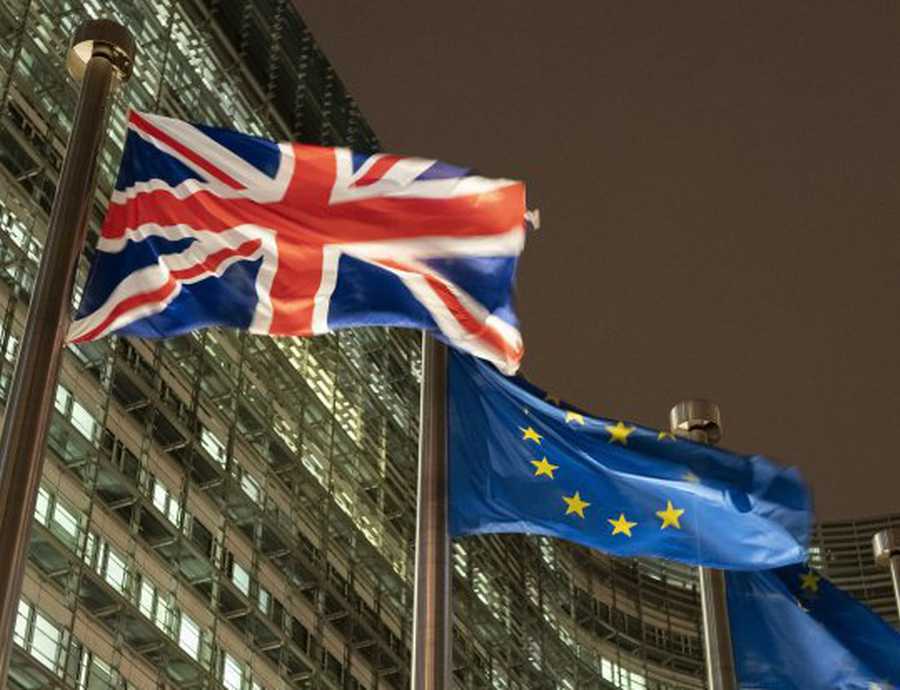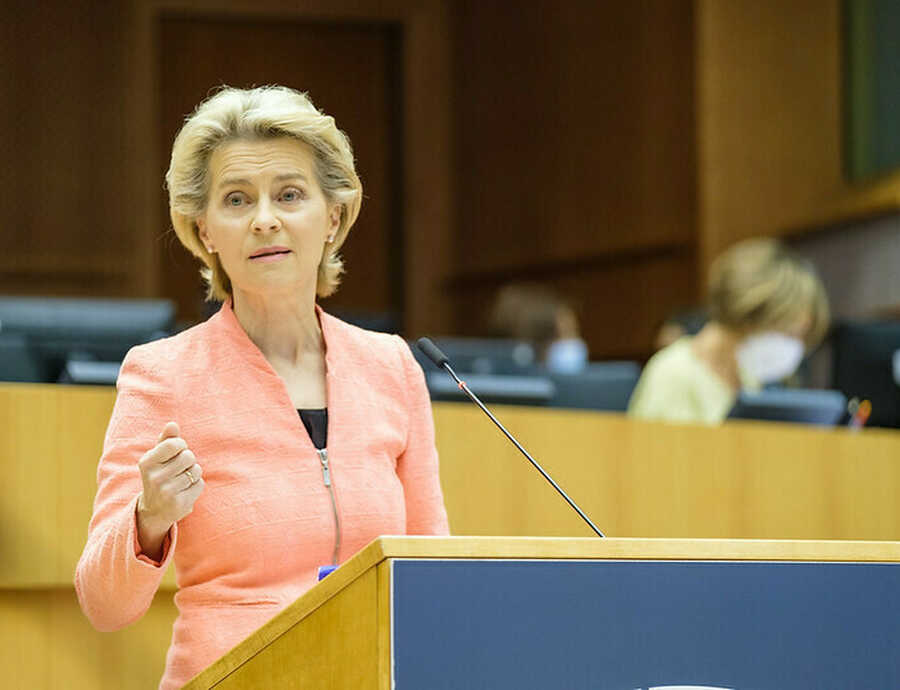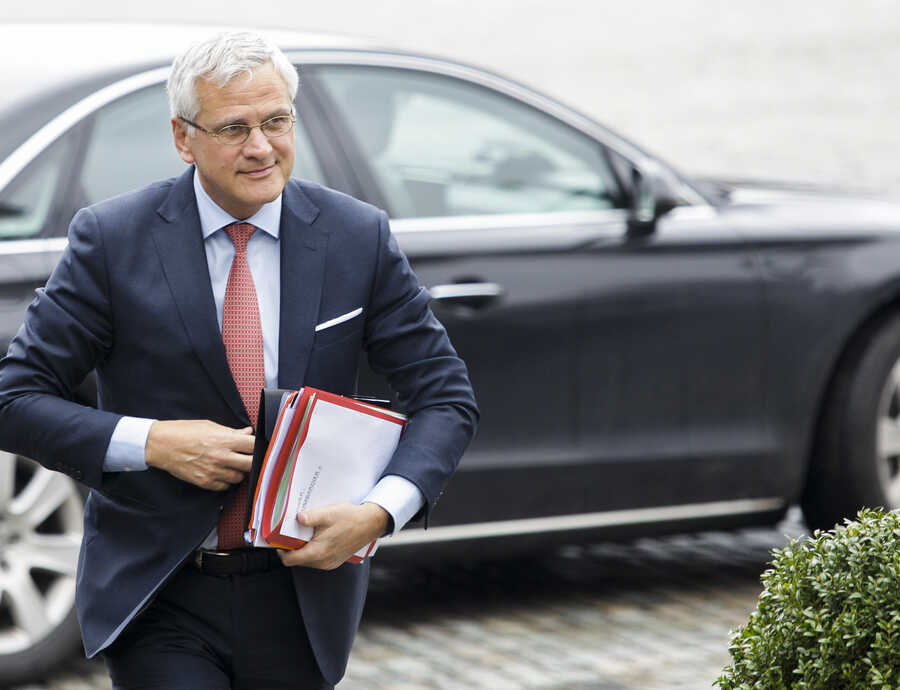Will Europe’s own revenues turn out to be a Trojan horse?
On 27 May, President of the European Commission, Ursula von der Leyen, presented the document “Europe’s moment: Repair and Prepare for the Next Generation”. This document contains an important passage on own revenues for the EU. A bond issue by the Commission should finance the 750 billion Euros recovery plan. The Commission wants to redeem these bonds through ‘new personal recourses’, referring to European taxes.
At the moment, EU member states have prohibited the Commission over and over from collecting significant amounts of ‘personal recourses’. Recent announcements of the EU’s own recourses therefore is a significant step ahead, but could possibly turn out to be a Trojan horse.
The President of the Commission cites six examples of Europe’s personal revenues. Taxes on non-recyclable plastics and digital services are among the best known. The simplification of the VAT system and tax on large companies are less known to the public. Furthermore, two other climate-related proposals are mentioned, namely the ‘emissions trading scheme’ and the ‘Carbon Border Adjustment Mechanism’ or an emission import tax.
Although a plea for a personal EU income is an important breakthrough, there are still many obstacles to overcome in practice before new taxes can be refunded.
First of all, how far have these proposals already been worked out? Some EU revenues contain concrete texts already, while others seem to be part of a speculation game. A third category of proposals have failed before.
For instance, a proposal on the simplification of the VAT system has already been submitted to the Council and the development of a digital tax seems feasible. The introduction of a kind of emission import tax is a different issue. Recently, the Jaques Delors Institute made a first cautious attempt and the EU Commission will make an initial proposal in the course of 2021.
Writing concrete proposals however might be the least difficult to achieve. The second and biggest challenge is of European political nature: when it comes to taxation - in addition to the question of which treaty article is triggered - unanimity of all member states is needed. Proposals such as a digital tax require unanimous agreement. Anyone following these matters will notice that member states such as Ireland, Sweden, Denmark and Finland have always opposed to this. The big question is whether those member states will change their point of view.
In addition to European unanimity within the Council, another political problem might present itself at the level of the member states (third challenge). On tax matters, all national parliaments of the 27 member states have to approve this as well.
Therefore, timing is of great importance in this dossier (fourth challenge). Since the loans taken out to finance the 750 billion Euros only have to be repaid by 2028, there is still some time left. This does under no circumstances mean the project to be a walk in the park. Political urgency might disappear over time.
The fifth challenge relates to the multi-annual European budget (MFF) and can turn out to be very tricky: the European Commission has drawn up a proposal for a multi-annual budget for the period 2021-2027, including the 750 billion Euros Recovery Plan. If one reads both together, many member states will be satisfied by the proposal. Member states do not have to increase their annual contributions to the European budget significantly. This is because the account for the European bond issue will be shifted to the period 2028-2058. By then, the Commission hopes its plan for European taxes will be finalised.
If this personal EU income gets overwhelmed in the political or procedural red tape for years, we will have no choice but to make heavy cuts in expenditure for the next MFF 2028-2034.
The Trojan horse will in that scenario reveal its true nature, to the delight of a number of political groups in the European Parliament.
Personal revenues for the EU are a step in the right direction. That is precisely why, together with the EPP as largest group, I will continue to argue in favour. We must be able to deliver on promises we have made.
Kris Peeters
7 June 2020








